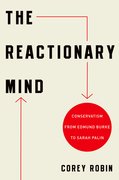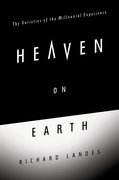What are those terrifying centipede-like things?
What are those super-fast, reddish, fuzzy-looking, centipede-like things? It would sure help hapless entomologists if people would provide just a teensy bit more information when asking, ‘What is it?’ sorts of questions. Helpful clues include things like: where you live, where you saw it, etc.












